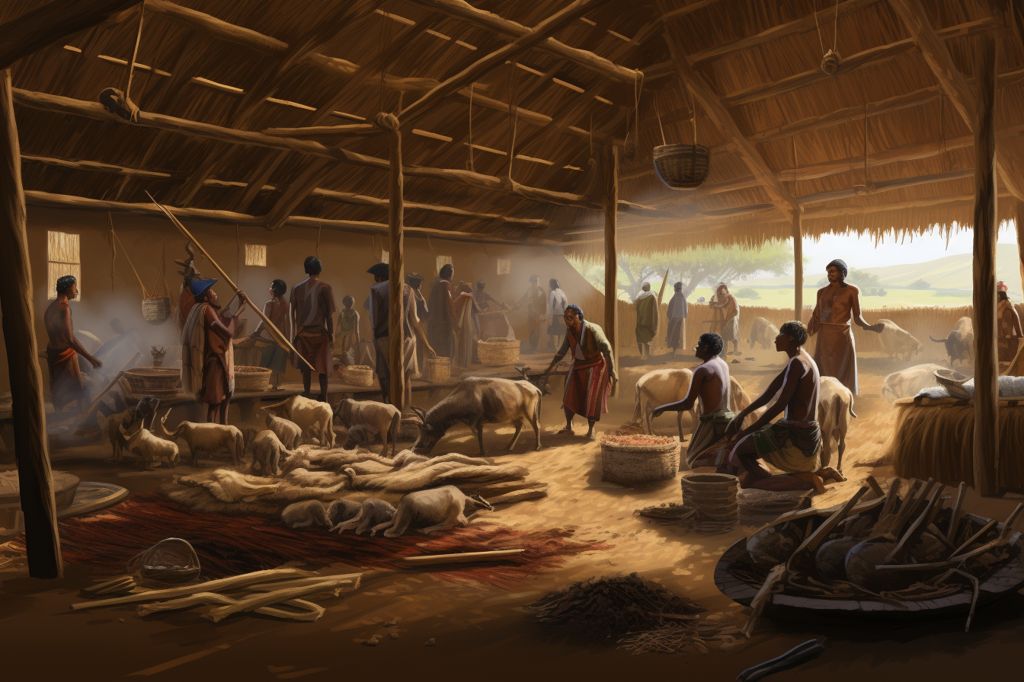The Eastern Cape Department of Rural Development and Agrarian Reform (DRDAR) is committed to commercializing emerging and communal farmers. As part of this initiative, MEC Nonkqubela Pieters will be handing over a fully equipped shearing shed to wool growers in Qaga Village.
Masimanyane Wool Growers Association to Receive Shearing Shed
The shearing shed, which will be handed over to the Masimanyane Wool Growers Association, is part of an initiative to provide essential infrastructure and equipment to emerging and communal farmers. The Zwelitsha Wool Growers Association, made up of 21 wool grower associations, will oversee the management of the shearing shed.
Unique Wool Production and Marketing Dynamic in Eastern Cape
The Eastern Cape has a unique wool production and marketing dynamic compared to the rest of South Africa. With approximately two million sheep spread across numerous smaller herders, the region has a comparative advantage in sheep farming. Considering the demand trends for wool in local and international markets, the Zwelitsha District has invested in wool production.
Masimanyane Farmers’ Association: A 100% Black-Owned, Communally Owned Project
Established in 2015, the Masimanyane Farmers’ Association is a 100% black-owned, communally owned project with 53 members. They aim to become an economically viable wool enterprise, contributing to the district’s total gross value of agricultural production and rural economy.
Improving Production and Infrastructure
Masimanyane Farmers’ Association plans to improve production by controlling ticks and enhancing shearing and sorting practices. Current average production stands at 1.61 kg per sheep, but with the proposed improvements, the association expects to increase this to an average of 4.5 kg per sheep. Investments have been made in infrastructural development, including constructing a shearing shed with equipment and animal handling kraals, as well as small stock dipping facilities.
Handover of Shearing Shed to Take Place in July 2023
MEC Nonkqubela Pieters will officially handover the shearing shed on July 20, 2023, at the Qaga Shearing Shed. The event will be attended by members of the media, as well as representatives from DRDAR.
DRDAR’s Commitment to Uplifting Rural Communities
DRDAR’s continued support for the Masimanyane Wool Growers Association and similar projects demonstrates the department’s commitment to uplifting rural communities. The development of sustainable farming practices and the provision of essential infrastructure will not only improve the quality of wool production but also create job opportunities and boost the local economy.
Eastern Cape’s Potential for Global Wool Production and Marketing
Through strategic investments in infrastructure and targeted support for communal farmers, the Eastern Cape is well-positioned to become a major player in the global wool production and marketing sectors. The handover of the shearing shed in Qaga Village is just one example of how DRDAR’s initiatives can have a far-reaching impact on rural communities and the broader agricultural industry.








